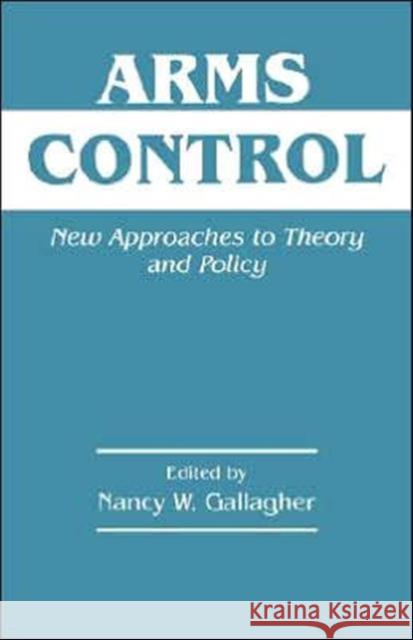Arms Control: New Approaches to Theory and Policy » książka
Arms Control: New Approaches to Theory and Policy
ISBN-13: 9780714648132 / Angielski / Twarda / 1998 / 184 str.
Arms Control: New Approaches to Theory and Policy
ISBN-13: 9780714648132 / Angielski / Twarda / 1998 / 184 str.
(netto: 746,32 VAT: 5%)
Najniższa cena z 30 dni: 755,61
ok. 22 dni roboczych.
Darmowa dostawa!
The arms control initiatives which were begun by the superpowers symbolize the beginning of the end of the Cold War, but the passage of time has not resolved disputes about the role of arms control in preserving peace. Both international relations theorists and foreign policy practitioners must decide which security strategy is most appropriate for a post-Cold War world characterized by the decline in superpower hostility and the rise of regional rivalries; the rapid diffusion of knowledge-intensive technologies; and the increasingly complex relationships between political, military and economic issues. The essays in this volume address the question of how should arms control theory and policy be altered to improve the prospects for co-operation. They explore the complexity of national arms control decision-making and multilateral negotiations, and the challenges of reaching domestic and international agreement on verification.











